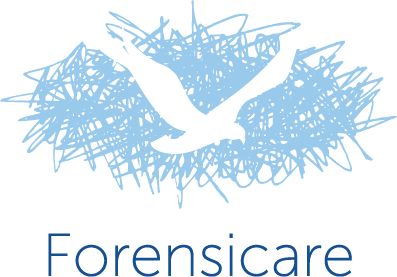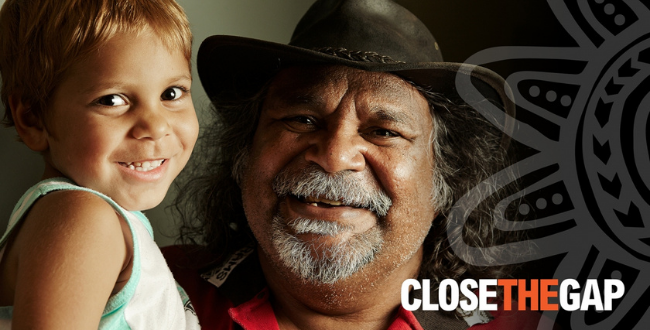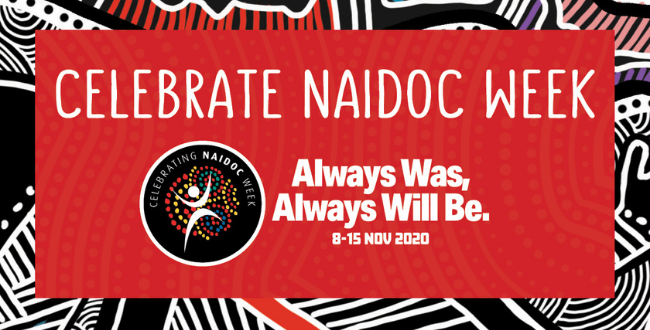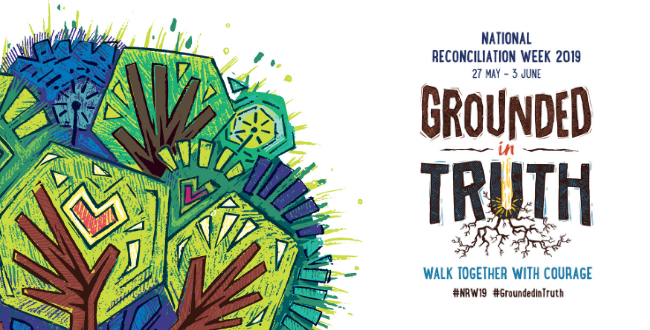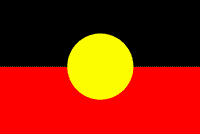Closing the Gap at Forensicare
Close the Gap Day is an important day that advocates for health equality for First Nations’ Australians. It is underpinned by the belief that when Aboriginal and Torres Strait Islander people have a say in the design and delivery of policies, programs and services that affect them – better life outcomes can be achieved.
What is Closing the Gap?
In 2019 a National Agreement was formed between the Coalition of Aboriginal and Torres Strait Islander Peak Organisations and Australian governments at both state and federal levels.
At the centre of the National Agreement are four priority reforms that focus on changing the way governments work with Aboriginal and Torres Strait Islander people. They include:
- Strengthen and establish formal partnerships and shared decision-making
- Build the Aboriginal and Torres Strait Islander community-controlled sector
- Transform government organisations so they work better for Aboriginal and Torres Strait Islander people
- Improve and share access to data and information to enable Aboriginal and Torres Strait Islander communities make informed decisions.
The agreement also has 16 national socio-economic targets in areas that impact life outcomes for Aboriginal and Torres Strait Islander people. The progress against the targets are monitored by the Productivity Commission.
How is Forensicare working towards these targets?
We are working towards these targets in a range of ways. In late 2019, Forensicare formed the First Nations Advisory Committee to strengthen our delivery of best practice forensic mental health services for First Nations peoples and enhance the representation and engagement of First Nations health professionals in forensic mental health care.
The Victorian State Government is working towards these targets within the mental health sector by supporting an increase in the number of tertiary educated Aboriginal mental health professionals in the workforce.
This has enabled us to appoint an Aboriginal mental health trainee, Cameron Balcombe, at Thomas Embling Hospital and Aboriginal health and wellbeing worker, Tara-Rose Butterworth at Ballerrt Yeram-boo-ee (Ravenhall Correctional Centre).
In his role as an Aboriginal mental health trainee, Cameron has been able to gain experience working in mental health, whilst completing a Bachelor of Health Science (Aboriginal Mental Health). This program enables Cameron to meet with over 30 Aboriginal mental health trainees to share and learn from experiences working in mental health organisations across the country.
Cameron and Tara-Rose have made positive marks at Forensicare, particularly in their work with Aboriginal and Torres Strait Islander consumers. We look forward to with them as we grow our First Nations workforce in our continued efforts to close the gap.
